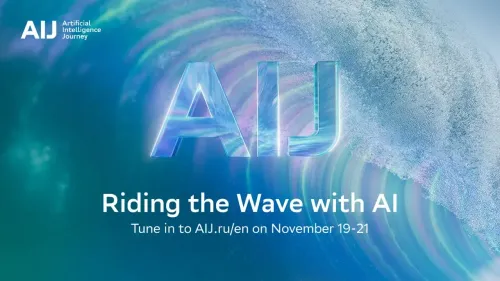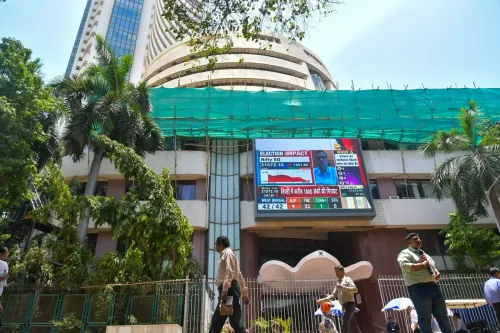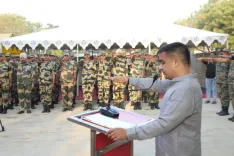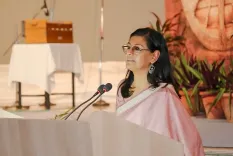Have Setbacks Enhanced Our Scientific Rigor? Insights from Ex-ISRO Chairman
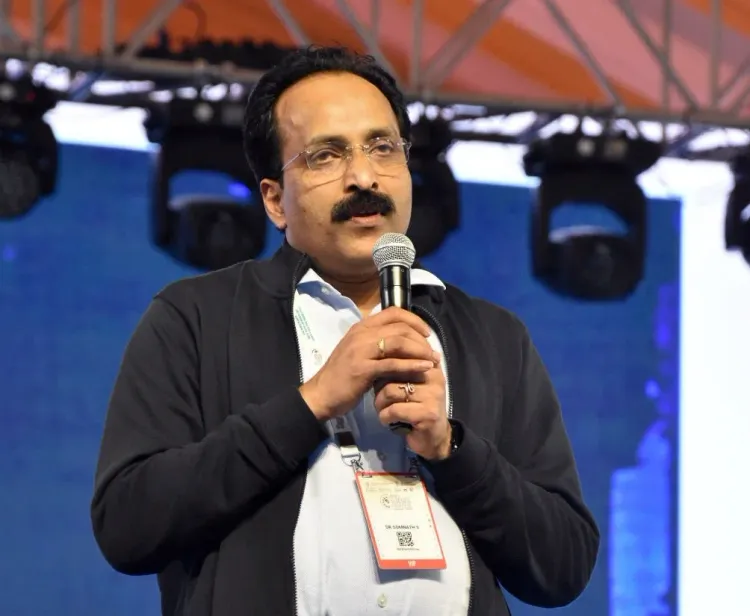
Synopsis
Key Takeaways
- Setbacks enhance determination and scientific rigor.
- Learning from failures is crucial for growth.
- ISRO's indomitable spirit drives innovation.
- Technical challenges are opportunities for improvement.
- Resilience is key in space exploration.
New Delhi, May 18 (NationPress) Former Chairman of the Indian Space Research Organisation (ISRO), S. Somanath, remarked on Sunday that setbacks have played a crucial role in strengthening our determination and enhancing our scientific rigor, particularly after the Indian space agency's 101st mission, PSLV-C61, which was intended to launch the EOS-09 satellite, encountered a technical issue with the launch vehicle.
In a statement on the social media platform X, Somanath proclaimed that, true to its indomitable spirit, ISRO will promptly unite its top experts to analyze the anomaly and devise a thorough plan moving forward.
“I am aware of the significant hurdles we confronted during the development of the third-stage solid motor — a project that was marked by numerous setbacks. It is indeed rare to see such issues arise at this stage. Nevertheless, I have complete faith that the team will quickly and effectively pinpoint the root cause,” said the former ISRO leader.
The technical malfunction resulted in a mission failure, preventing the satellite from being successfully deployed. The indigenous PSLV, or Polar Satellite Launch Vehicle — PSLV-C61 — was launched from the Satish Dhawan Space Centre in Sriharikota, aiming to place EOS-09 into a Sun Synchronous Polar Orbit (SSPO).
According to Somanath, throughout the years, “these challenges have only fortified our belief that failure is never the end, but rather a significant teacher.”
“Each monumental achievement of ISRO has been forged in the crucible of hardship — molded by lessons profoundly learned and courageously applied. Setbacks have always served to enhance our determination and deepen our scientific rigor. Nothing will impede our quest for knowledge, which we pursue with characteristic grace and unwavering precision,” he added.
ISRO Chairman V. Narayanan also noted that an unforeseen issue occurred during the third stage, hindering the successful deployment of the satellite.
“The PSLV is a four-stage launch vehicle, and its performance was normal up to the second stage. The third-stage motor ignited flawlessly; however, during its operation, an anomaly was detected, and the mission could not be completed successfully. We will return after conducting thorough analysis,” he further stated.


